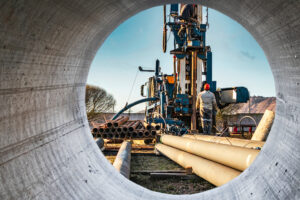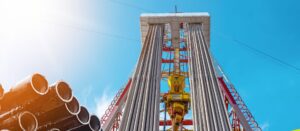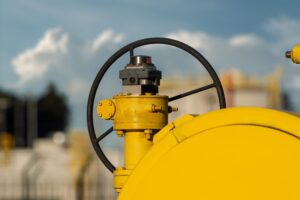They say that familiarity breeds contempt, but it can also breed professional competence under the right circumstances. That is why most of the safest oil drilling rigs in the world are found out in the water rather than on shore. These deep water rigs tend to be staffed with longer-serving personnel and remain in a single location for greater lengths of time than their land-based rivals. In addition, maritime safety officials worldwide keep a sharper eye on these platforms than do terrestrial law enforcement and workplace safety officials over the widely scattered rigs operating out in distant parts of the heartland.
It is also a question of the intensity required of wildcatters who operate on thinner margins. They need to get their wells drilled with no delay and thus unfortunately create an incentive to hurry the process along. Safety can become a casualty of the need for a quick strike. This stands in stark contrast to the very capital intensive nature of oceanic drilling rigs which require lengthy time horizons just to get a platform into place, much less drill to the depths currently being achieved.
Mistakes are costly anywhere, but delays on a platform rig are both financially catastrophic and potentially disastrous from a public relations standpoint. This institutional propensity towards a more deliberate pace that is the hallmark of large corporations in comparison to the frenetic efforts that take place in the smaller independent rig operators makes it easy to see why ocean rigs compile better safety records.
Another factor that often influences the relative safety records is the reality that many ocean drillers employ on-site housing facilities that reduce the daily opportunities for extracurricular activities among their employees. These after-hours distractions can degrade on-the-job performance. Of course, it is also true that an accident at sea is more likely to be a serious one, and help is often much further away in terms of arrival time for rescue resources.
It could well be that deep sea drilling operations are regarded as being more hazardous simply because they are more likely to be in the public eye, whereas many land-based rigs are operating in relative anonymity in places that do not engender a lot of casual tourist traffic or headlines in large coastal cities.
In the final analysis, all oil drilling operations entail a certain degree of risk to the crews engaged in the work. Here at MSI, we are proud of the part that our line of pipe protection products and tubular handling frames plays in making all rigs everywhere safer to operate. No matter whether the rigs are operating on land or out at sea, the crews all know that they are just one slip away from a serious accident.
Rolling the dice on safety concerns is always a very poor business decision. Experienced crews using the best designed equipment in ways calculated to avoid the appearance of news helicopters over the drilling rig is always the best way for everyone to operate. Keep your rig operations running safely and smoothly, contact MSI today.




